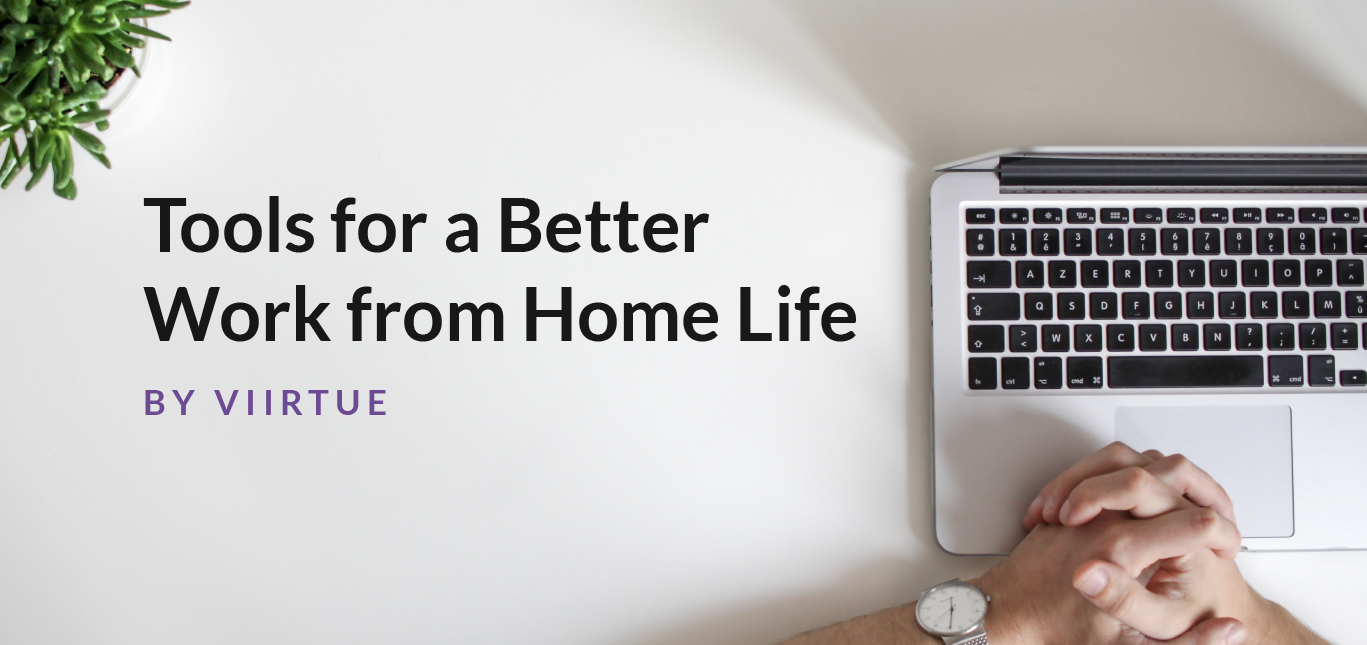If you’re serving a newly-remotely team, they may be feeling the pressure of constant availability. Containing work to a physical location often reminds employees not to check emails after hours. Unfortunately, when working on a laptop in bed, they may find themselves “on-call” for many more hours than usual.
Technology not only keeps us super-connected but also allows us to disconnect when necessary. With the right tools, your clients can make the best use of their time online and transition to home life the same as leaving the office. Pass along this advice the next time you help a company build out their remote communications (or try it yourself during this busy season).
Utilize Chat to Control Email
When you don’t get to see your coworkers in person, managing your inbox becomes an all-day task. Chat services, like Microsoft Teams, eliminate those one-line emails so you can prioritize your projects better.
If you have a question you would typically poke your head over a cubicle to ask, just send a chat instead of clogging up someone’s inbox.
Tools for All Devices
With a unified communications platform, one app will be used on all devices to call, chat, or conference your coworkers. Even if someone needs to step away from the desk, they’ll be able to get those same chat messages without missing a beat.
The app also helps separate all work and personal communications. Without a separate, physical work phone, having all texts and calls in one place keeps them out of personal apps… so no one accidentally texts the wrong person.
Shared File Storage
When working from home or transitioning to a flexible schedule, shared file storage becomes essential. With OneDrive or a VPN structure, teammates know they’re working on the correct file exactly where their coworkers left off. They shouldn’t rely on sending file revisions back and forth. Keep the shared file updated, and everyone will be working from the same information.
Track Your Time
We all want to think we’re the most productive person on our team, but that becomes more difficult to track when we’re home. Whether interrupted by laundry or simply distracted online, tracking your time can help you be more realistic about your goals.
Do this yourself by writing down what you’ve been working on every hour. Teams can also install software on work computers to see which programs and tasks use the most time.
Working from home can have significant advantages: don’t be fooled into being “always on” by not watching where the time goes.
Quick Email Updates to Manager/ Team Members
One way to build trust within a team (so you can have better work-life balance) is sending status emails at the end of the day or week. They may only need to send one to their director, but the email should include these three categories: what they finished that week, what is in progress (include deadline changes or obstacles), and what is awaiting feedback.
By building this trust with their managers now, teams have more flexibility in the future (when WFH is no longer a requirement).
Running To-Do List
During this busy distracting time, don’t rely on your brain alone to remember all the little things you do. Find an app to keep a running to-do list on your phone, like OneNote or Evernote. If you remember something important outside of work hours, type it quickly into the app and relax. You’ll get to it when you’re back at your desk.
Noise-Canceling Headphones
Working from home with your family members within earshot may bring feelings of guilt for not playing or participating throughout the day. Those who telecommute all year long know the value of noise-canceling headphones for productivity and balance.
When you’re working, they allow you to focus only on your work and block out distractions. But once you take them off, make sure you can be fully present with your family.
Meditation Apps
When home and work start to mix, meditation and reflection become essential parts of the day. Many commuters don’t realize they use the time in the car to unwind from a long day before interacting with their families.
Apps like Headspace or even the guided meditations on Spotify will clear your mind before you jump back into your personal life. You (and your family) will be happier when you do.
Prioritize Your Health
In the end, if you don’t prioritize sleep and exercise, your productivity will suffer. Sacrificing sleep for work not only ruins your home life but lowers your work quality and brings on burnout faster.

